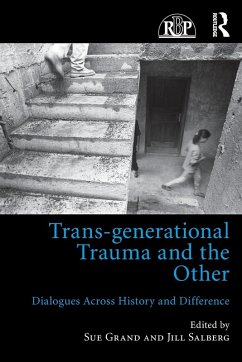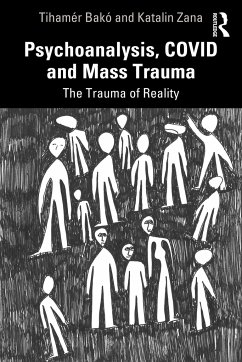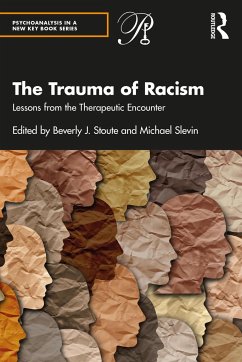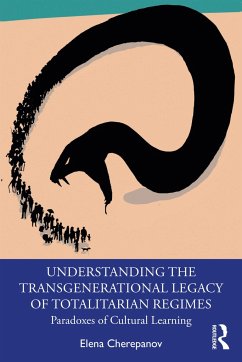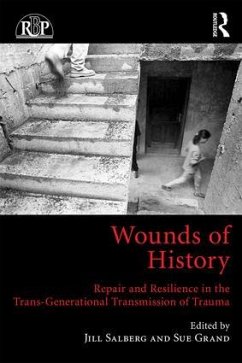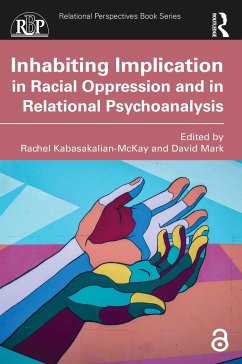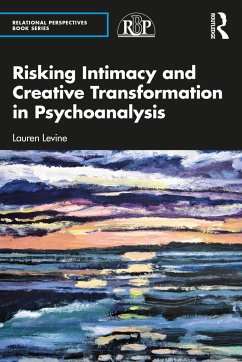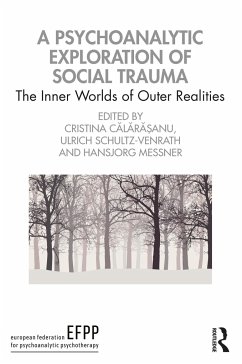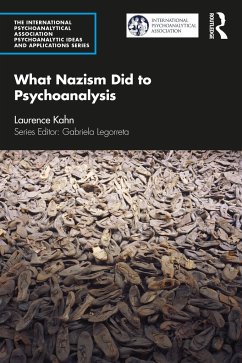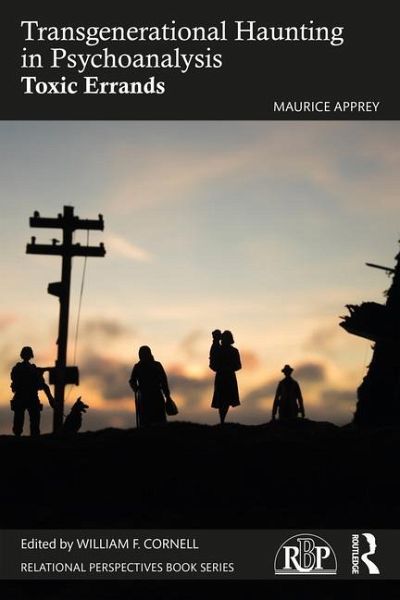
Transgenerational Haunting in Psychoanalysis
Toxic Errands
Herausgegeben: Cornell, William F.
Versandkostenfrei!
Versandfertig in 6-10 Tagen
31,99 €
inkl. MwSt.
Weitere Ausgaben:

PAYBACK Punkte
16 °P sammeln!
In this book, Maurice Apprey continues his unique work on transgenerational haunting to explore how events in our ancestors' lives may be renegotiated and re-subjectivized in the present from within the therapeutic dyad.With an informed and impassioned voice that evokes the tragic psychic consequences of the unresolved, silenced tragedies and transgressions that haunt subsequent generations, Apprey illustrates how the analyst can unfold a patient's transference wishes and emancipate them from the unconscious projects, or errands, they have inherited. This can happen through a threefold process...
In this book, Maurice Apprey continues his unique work on transgenerational haunting to explore how events in our ancestors' lives may be renegotiated and re-subjectivized in the present from within the therapeutic dyad.
With an informed and impassioned voice that evokes the tragic psychic consequences of the unresolved, silenced tragedies and transgressions that haunt subsequent generations, Apprey illustrates how the analyst can unfold a patient's transference wishes and emancipate them from the unconscious projects, or errands, they have inherited. This can happen through a threefold process of excavating the unconscious sedimentations of ancestral history, appropriating and reactivating the ancestral errands within the transference, and subsequently decoding the patient's transference pressures. Expanding on Apprey's work about the analyst's field of inquiry and ways of listening in clinical practice, this book illuminates the potential for a resolution, rather than a re-enactment, of the traumas that can haunt a family system across generations.
Attending to the manifestation of transgenerational trauma through varied clinical material, and informed by the thinking of Sigmund Freud, among others, this book will be essential reading for all psychoanalysts and psychotherapists.
With an informed and impassioned voice that evokes the tragic psychic consequences of the unresolved, silenced tragedies and transgressions that haunt subsequent generations, Apprey illustrates how the analyst can unfold a patient's transference wishes and emancipate them from the unconscious projects, or errands, they have inherited. This can happen through a threefold process of excavating the unconscious sedimentations of ancestral history, appropriating and reactivating the ancestral errands within the transference, and subsequently decoding the patient's transference pressures. Expanding on Apprey's work about the analyst's field of inquiry and ways of listening in clinical practice, this book illuminates the potential for a resolution, rather than a re-enactment, of the traumas that can haunt a family system across generations.
Attending to the manifestation of transgenerational trauma through varied clinical material, and informed by the thinking of Sigmund Freud, among others, this book will be essential reading for all psychoanalysts and psychotherapists.





